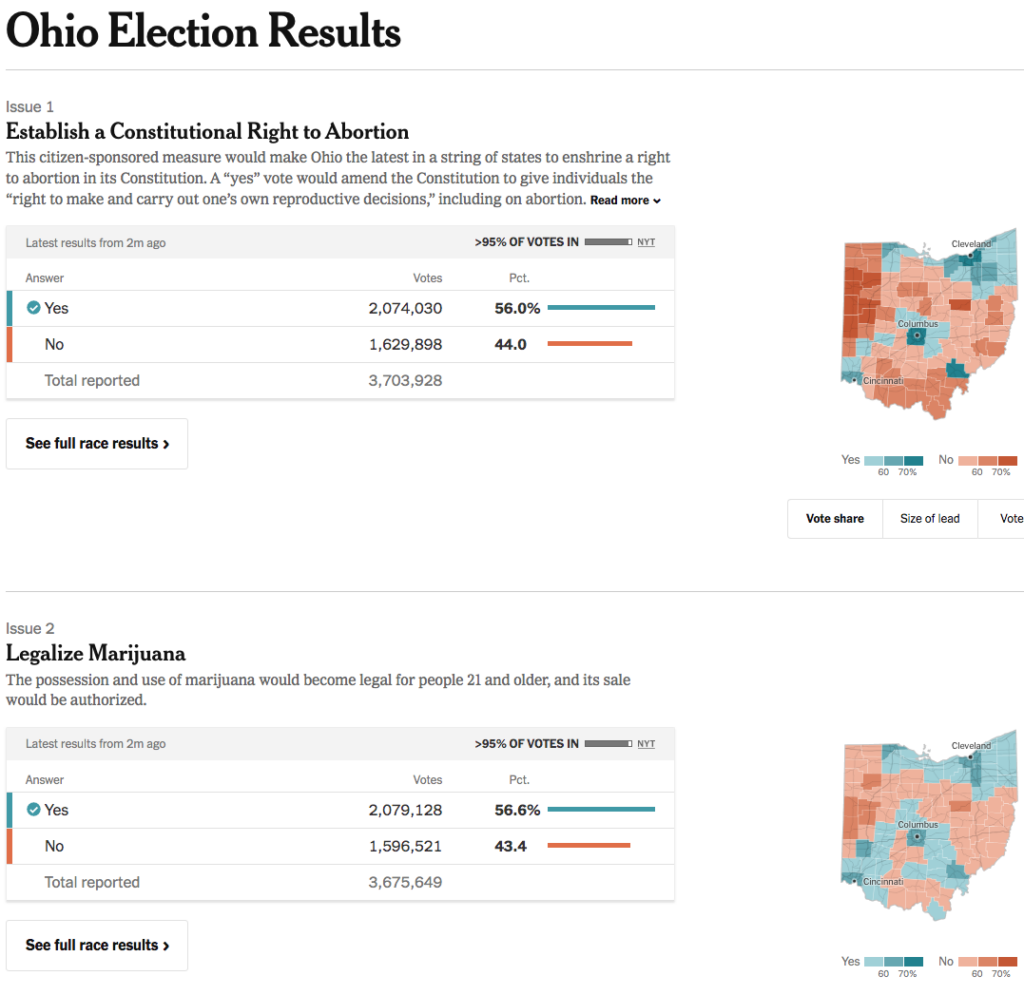Bill Dudley on money and inflation
This paragraph in a FT article has me confused:
We still have people talking about money supply growth as a big driver of economic activity, when money supply is mostly driven by QE and QT. When the Fed’s doing QE, money supply grows fast; when the Fed’s doing QT, money supply shrinks. And those things may be correlated with economic activity. When you’re doing QE, you’re trying to stimulate the economy; when you’re doing QT, you’re trying to restrain the economy. But it’s not like money growth is directly responsible.
I don’t follow this. QE means increasing the monetary base. So Dudley is saying:
1. QE leads to a larger money supply.
2. QE is expansionary for the economy.
3. Money growth doesn’t matter.
The first two claims represent the classic monetarist position. The base impacts the broader money supply. Check. Increases in the base are expansionary for the economy. Check. But somehow the money supply doesn’t matter? Does the monetary base matter? If not, why is QE expansionary?
This all seems like word games. When thinking about causality one must think in terms of policy counterfactuals, otherwise any statement is simply incoherent. We saw a huge rise in M2 during Covid. Dudley seems to think that was caused by QE. Fine. But what about a counterfactual where the Fed does just enough QE to allow for only a small rise in M2. (Much less than they actually did.) Is Dudley denying that that counterfactual policy would have been less inflationary?
In the rest of the interview, Dudley insists that monetary policy is all about interest rates. That’s just wrong. Did low interest rates cause the German hyperinflation? Or was it printing a zillion German marks worth of currency?
PS. Later, Dudley says:
Continuing with QE did two things. Number one, it added more deposits to the banking system and probably created more temptations for banks like Silicon Valley Bank to take on excessive interest rate risk in their portfolio.
Now I’m even more confused, as that also sounds like monetarism. The monetary base matters, and bank deposits matter, but M2 doesn’t matter? M2 is composed of currency and bank deposits. Can someone help me out?


